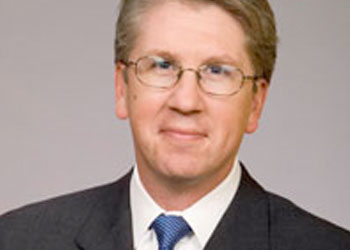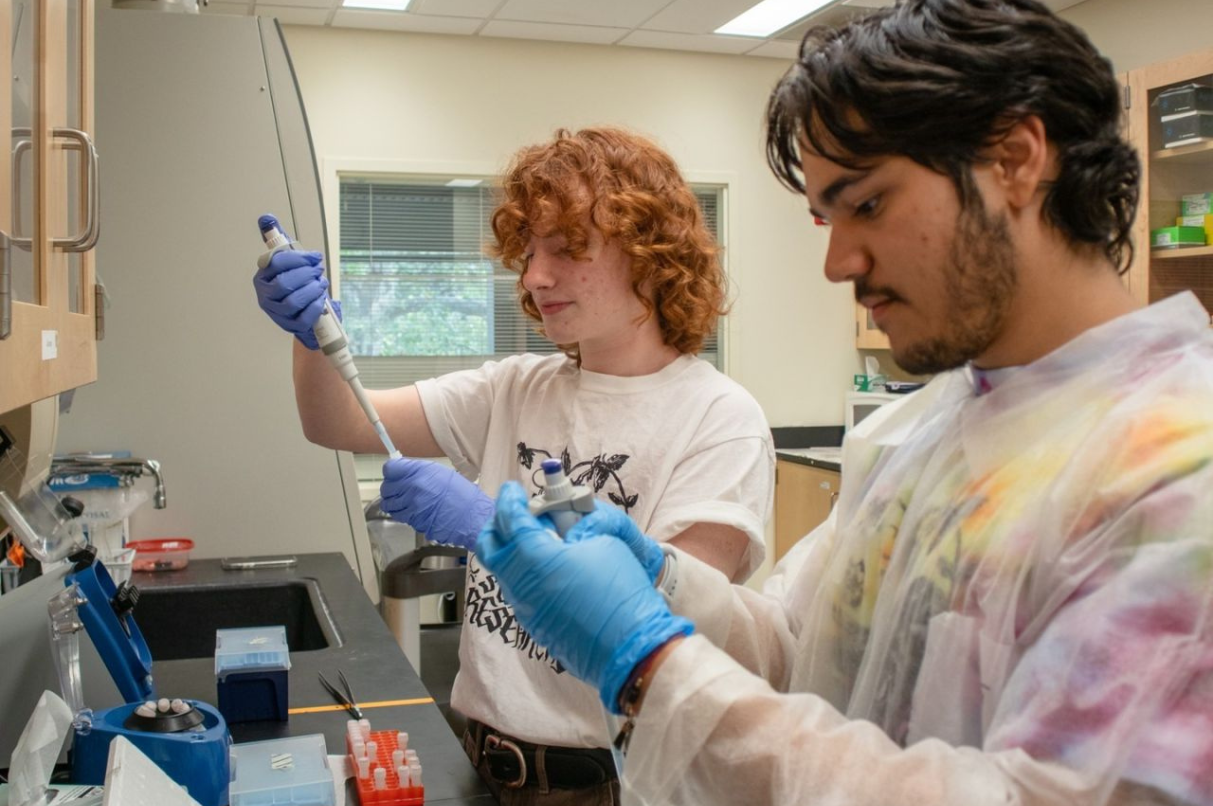By R. Scott Morris
During your college career, your number one focus should be on growing your mind in many exciting, new ways and most academic curricula are designed to do just that. But, let’s face it. You need to get a job afterwards and, unfortunately, if you go through your academic years haphazardly, you could end up with great academic credentials but a dearth of the tangible job skills that hiring firms are looking for. Don’t despair. And don’t compromise your academic pursuits “just to get a job”. Here is a list of some of the important skills that I look for from young, new hires and ways that you can gain them while staying true to your academic experience:
- Practical problem solving skills – Generally, college is designed to teach theory and critical reasoning, but the business world is not theoretical. What I am looking for on your resume is evidence that you can use these skills to solve real-world problems. Lab work, special projects, and independent research are ways that your academic experience may expose you to problems faced in the non-academic world. The important ingredient here is working with real world data. Create opportunities to analyze real world problems and articulate logical solutions.
- Team work – Much of college performance is a zero-sum game – you get an “A”; I get a “B”, but much of business work, especially for younger hires, is collaborative. Seek out classes that have group projects or get involved in a club or venture that requires a multi-discipline team. Try out different roles on a team. Gain experience both as a leader and follower.
- Writing skills – The ability to articulate your message in a well structured and concise manner is very important in most corporate settings. Don’t think that you can be a math and science geek or sales guy and not have to express yourself on paper. Not true. Whether you are good at writing or not, you need to force yourself to include in your college portfolio a few English, History, Literature or other classes that emphasize writing papers over taking tests.
- Well-roundedness – I like hiring well-rounded people. They are able to adapt to the changing landscape that often accompanies a fast-paced business environment. A strong GPA and nothing else usually doesn’t do much for me. Don’t be afraid to take some risks during your college career and take some stretch classes and explore some non-academic interests (clubs, music, community service). I would hire an intellectually curious, multi-tasker over a one-dimensional, 4.0’er almost every time.
- Computer skills – Nearly everyone in the business world uses Word, Excel and Powerpoint. If you don’t know them, you need to learn them. I would also recommend going further and learning a database language like SQL and a programming language like Visual Basic, JAVA or C++. Mastering the logical design of computer programming will make you a much more effective worker. If you have a free elective, why not try sampling from the CompSci department?
Industry specific interest
The crux of the problem is this: hiring newly minted college grads is risky because they usually do not have a track record of experiences that portend future success in the business environment. How can you use your academic experience to lessen this risk? Easy,
- Target some of your electives and research projects in such a way that they allow you to investigate different industries that may interest you. For example, if you are interested in the healthcare industry and in one of your history classes you have to write a paper on “a famous historical figure,” chose a medical researcher such as Salk or Pasteur.
- Find a professor who is doing research in a targeted area and ask if you could help out. Many times the offer of free labor can open up doors. Independent research, in your area of interest, is even better because you will go through the whole process, from formulating an idea to creating a practical solution. Most colleges offer credit for independent research too!
- Join or start a club that deals with this particular industry and get some practical exposure. Show your commitment and initiative through a leadership position in the club
I cannot emphasize this enough… experience that is directly related to the industry in which you are interested will set your resume apart from others. It says, “Hey, look at me! I’m not just applying for this job on a whim. I’m really interested in making it my career.” During an interview, it also creates a tangible metric which I can use to evaluate your likely success working on my team. I like that.
Happy job hunting!
R. Scott Morris is President of Morris Consulting, LLC where he advises financial markets trading firms on a number of different quantitative modeling and trading issues. He is also the author of Polished – Adding Shine to your Resume, Cover Letter, and Interviewing Skills and has a blog and facebook group which answer questions for college students about the job search process. See his web-site: www.PolishedU.com for details.
Prior to starting his own consulting business, Scott was CEO of the Boston Options Exchange Group, LLC (BOX), managing director of the automated execution and high frequency trading businesses in the equity division of Goldman Sachs, and partner in charge of the financial engineering group at Hull Trading Company, a stock and options market making firm.
Scott has a Bachelor’s degree in Economics, and MBA in finance and statistics, both from the University of Chicago. He is a member of the Illinois Beta Chapter of Phi Delta Theta.





